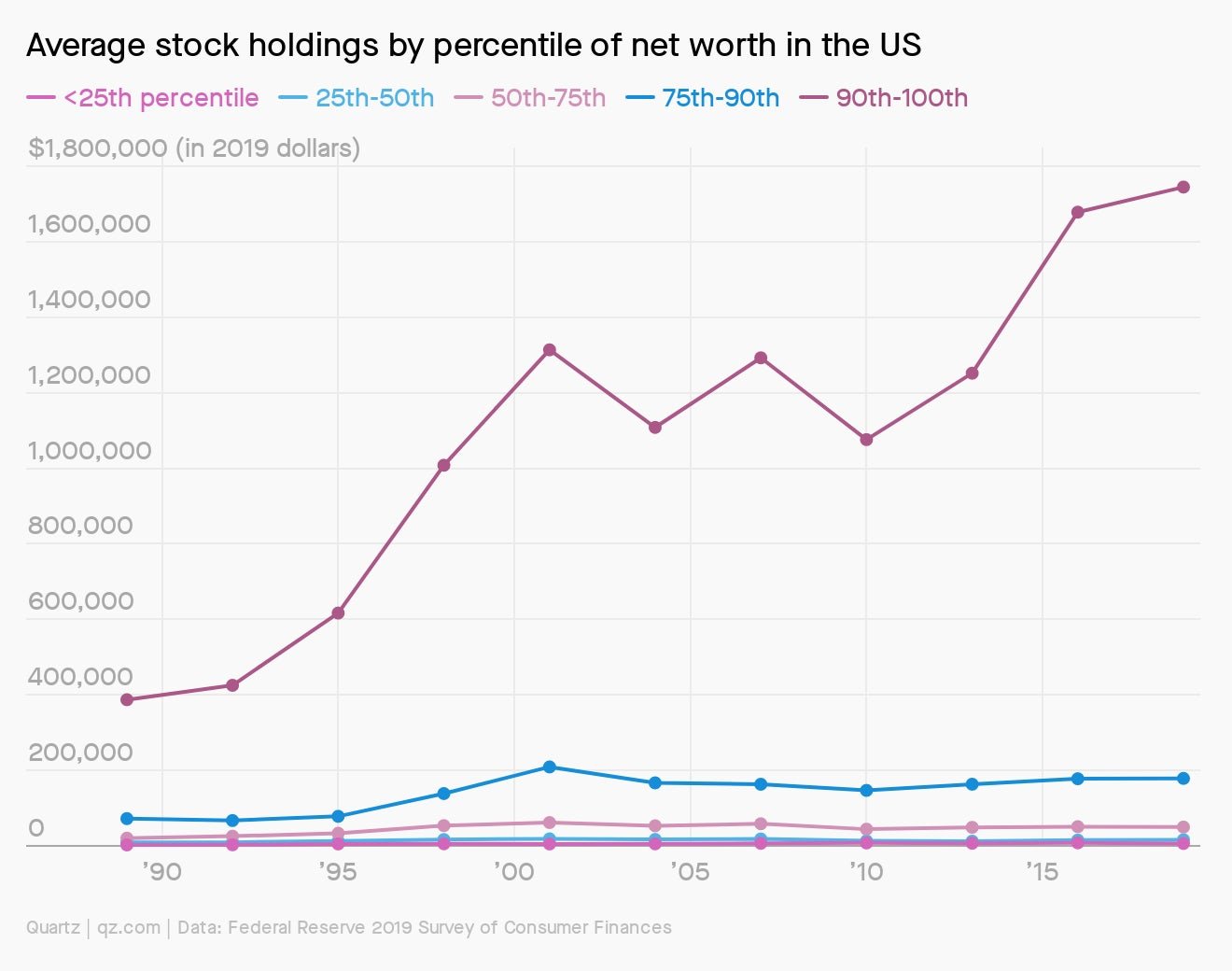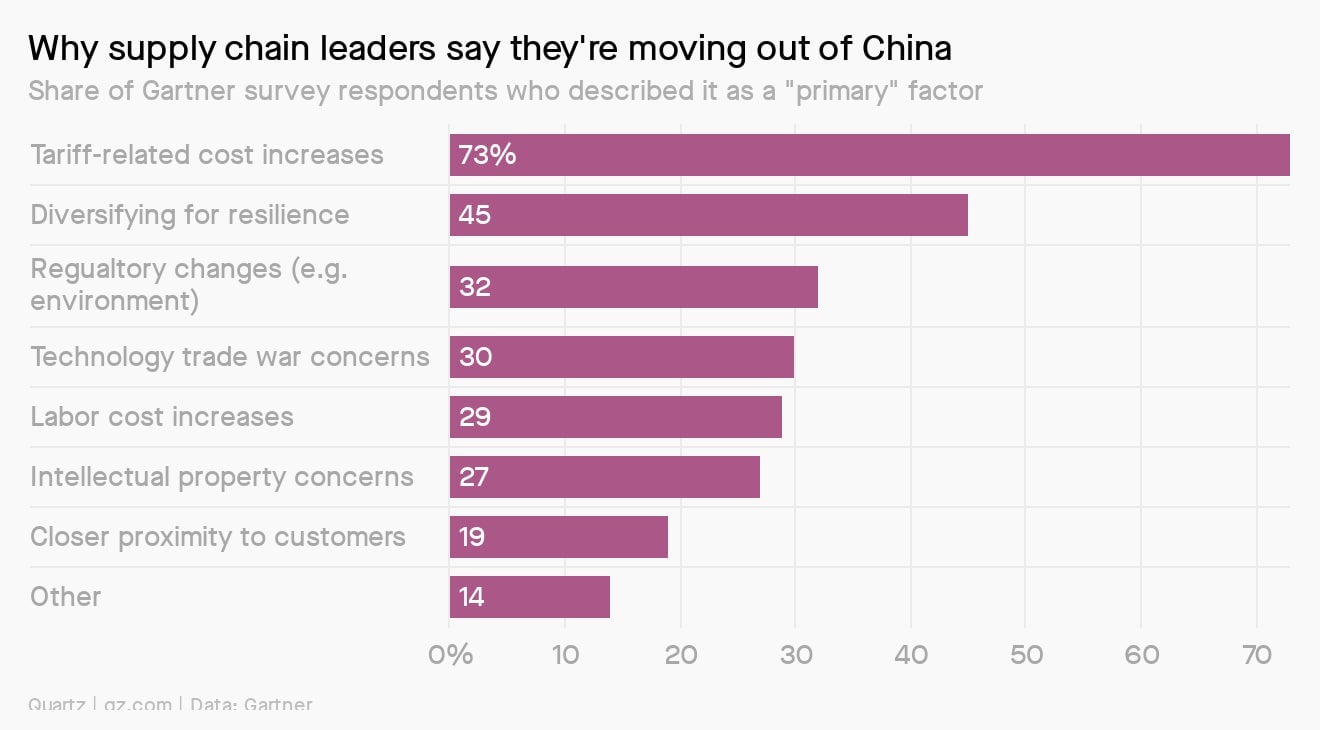EU summit, frozen Tokyo exchange, lawful bread
Good morning, Quartz readers!

Good morning, Quartz readers!
Here’s what you need to know
Europe tries to break an impasse over Belarus sanctions. During a two-day summit in Brussels, leaders will try to persuade Cyprus to withdraw its veto so that the bloc, which must make unanimous decisions, can punish Belarus over its tarnished presidential elections. Cyprus has said Europe must first sanction Turkey for drilling off its coast. Members will also discuss the Armenia-Azerbaijan conflict, and Britain’s controversial Brexit law.
Technical glitches froze the Tokyo Stock Exchange. The world’s third-largest stock exchange, as well as other bourses in the country, were shut for the day after problems linked to the “delivery of market information,” according to operator Japan Exchange Group. It didn’t say when trading would resume.
Donald Trump said he doesn’t know who the Proud Boys are. After refusing to condemn white supremacism during Tuesday’s presidential entail debate, and specifically telling the far-right group known for Islamophobic and anti-Semitic views to “stand by,” the US president claimed he didn’t really know the group.
Checking in on corporate responsibility
The role of commercial enterprises in society is changing, and so are the motivations of entrepreneurs and employees as they make decisions about why and where to work. Here’s what we’re tracking now:
- Be greenwashed no more. Calling BS on corporate climate pledges is easy, once you know what to look for.
- One giant step back for womankind. Companies are losing females, who are disproportionately saddled with childcare during the pandemic.
- Coming down on the pipeline. Wells Fargo’s CEO faced criticism for comments about talent pool diversity, but saying the pipeline is plenty diverse would have been worse.
- Corporate denial of responsibility. And then there’s Coinbase, which has squelched all activism in favor of productivity.
Charting stockholdings of the wealthy
Rich people hold more stocks than ever. The average stock holdings held by the top 10% of Americans grew by an estimated $67,000 between 2016-2019—an increase greater than the US median household income. While that gain was not huge by historical standards, it was a much better showing than other groups were able to pull off.
The average amount held by all other income levels barely budged from 2016 to 2019, according to new data from the US Federal Reserve, except for the average estimated stock holdings of the least wealthy 25%, which actually went down in value in 2019.

ONBOARDING, 17TH-CENTURY STYLE

The Hudson Bay Company, founded in 1670, was a pioneer of early employee onboarding. The process took place, quite literally, on board a ship transporting employees across the Atlantic to Hudson Bay in Canada.
The company helped create its organizational culture by treating British employees bound for North America to elaborate send-offs, including a farewell breakfast and cannon salute. While sailing, new recruits were encouraged to talk to and learn from their colleagues, and get a sense of life working for the company. A formal ceremony then took place upon arrival, along with an introduction to the rules and ranks of the company.
This intense process, in addition to careful recruitment and management training, helped the company establish norms, build bonds, and face challenges that are remarkably similar to challenges we face today. Read more in our field guide to the virtual, borderless team.
✦ Hop aboard our team and become a Quartz member today. You’ll get a paywall-free experience, plus member exclusives like our field guides, presentations, events, and more.
Obsession interlude: Borders
The global paradigm of supply chains built on complex networks of specialty producers worked fine during a time of free trade and increased globalism.
Now that there’s more friction between borders, companies are adapting. A recent survey of 260 global supply chain leaders found that 33% had already moved sourcing or manufacturing out of China or planned to do so within the next three years.

While China has an unparalleled manufacturing infrastructure, the costs of not diversifying are rising, and the incentives are great enough that governments are getting involved. Already, India and Japan have offered financial benefits to companies that move their manufacturing out of China.
Learn more about how trade carves new routes by checking out our Borders obsession.
Let’s discuss company culture
Go beyond virtual happy hours. Join us on Oct. 1 from 11am-12pm ET for our free virtual workshop about how to build company culture when everyone is remote. Our workshop brings together experts to provide advice on how to nurture workplace culture that goes deeper than just turning a happy hour into a video call.
We’re obsessed with Indian weddings

A bride walks in under a canopy of flowers to a song from her favorite Bollywood film, as drone cameras and videographers capture the moment in slow motion, from every possible angle. This scenario is par for the course for anyone who’s been to a wedding in India where ceremonies are as varied as the communities that host them.
Some are big, some are small, some are sparse, and some have guest lists in the thousands. In any case, the big fat Indian wedding has withstood the test of time, economic turbulence, social reform, and even modern technology, but can it withstand a pandemic?* Don your glitziest sari and load up Instagram,
.
Surprising discoveries
A QR code could decide whether you go back to work. A US company is developing a coronavirus “passport” for businesses, similar to a program China used to reopen.
British beef returned to the US. Americans haven’t allowed the stuff to come to their shores since the mad-cow scare of the 1990s.
Ireland dissed Subway’s bread. Authorities said the sandwich chain’s “bread” isn’t bread under Irish law because it’s got too much sugar.
People are flocking to a mock Japanese street in China. A local developer hit on the idea to draw travel-starved tourists who’d usually be heading to Japan right about now.
Apparently, sex doesn’t sell. New research out of Italy “questions sexualization as a useful marketing strategy.”
Our best wishes for a productive day. Please send any news, comments, good bread, and old-school company send-offs to [email protected]. Get the most out of Quartz by downloading our iOS app and becoming a member. Today’s Daily Brief was brought to you by Jane Li, Tripti Lahiri, Susan Howson, and Max Lockie.